MercoPress. South Atlantic News Agency
Tag: Federal Reserve
-
Thursday, September 7th 2017 - 18:39 UTC
Stanley Fischer is stepping down from the Federal Reserve next month
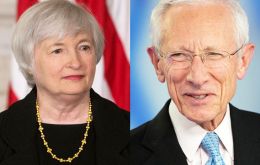
The United States Federal Reserve Vice Chairman Stanley Fischer will resign next month for personal reasons, leaving a fourth vacancy on the seven-member Fed governing board. Fischer is a widely-respected economist who taught at MIT, was head of the Bank of Israel for eight years and vice chairman at Citigroup.
-
Wednesday, August 30th 2017 - 08:14 UTC
Euro at its strongest against the US dollar for the first time since 2015
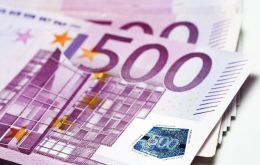
The Euro has hit US$1.20 for the first time since January 2015 as the prospect of a US interest rate rise recedes. Hurricane Harvey's impact has led analysts to assume the US central bank will not want to risk curbing economic growth and fears over North Korea's activities have unnerved investors.
-
Thursday, July 27th 2017 - 16:34 UTC
Fed leaves rate unchanged but will begin selling assets “relatively soon”

Leaders of the U.S. central bank said Wednesday that they were holding their benchmark lending rate at a low level — in a range between 1 and 1.25% — for the time being. Federal Reserve officials said in a report issued after their two-day policy meeting that the world's largest economy was growing at a “moderate” pace and the job market was improving, but that inflation remained a bit low.
-
Wednesday, May 24th 2017 - 07:22 UTC
US households debt at new record high and manageable, but students loans remain “stubbornly high”

The United States debt level reached a record high this year, surpassing the peak touched just as the worst of the recession was taking hold in 2008, and marking a milestone for households that now lean less on mortgages and more on auto and student loans
-
Thursday, May 4th 2017 - 05:54 UTC
Fed says recent slowdown of US economy growth is temporary; leaves benchmark rate unchanged

The Federal Reserve announced on Wednesday that it held its benchmark interest rate after a two-day policy meeting, as had widely been expected. And it added that the recent showdown in US growth is likely temporary.
-
Saturday, April 15th 2017 - 09:37 UTC
Trump backtracks: China is not a currency manipulator, and praises Janet Yellen
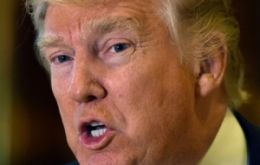
President Donald Trump has said his administration will not label China a currency manipulator, rowing back on a campaign promise. The US president also left open the possibility of re-nominating Janet Yellen as the head of the Federal Reserve, despite having criticized her.
-
Thursday, March 16th 2017 - 12:06 UTC
Fed raises interest rate by a quarter of a point: second time in three months
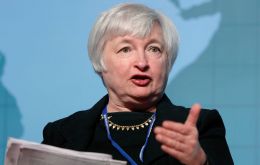
U.S. Federal Reserve raised interest rates on Wednesday for the second time in three months, a move spurred by steady economic growth, strong job gains and confidence that inflation is rising to the central bank's target. The decision to lift the target overnight interest rate by 25 basis points to a range of 0.75% to 1.0% marked a convincing step in the Fed's effort to return monetary policy to a more normal footing.
-
Monday, March 13th 2017 - 14:40 UTC
Federal Reserve expected to raise interest rate on Wednesday
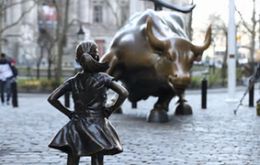
Robust hiring by United States employers in President Donald Trump's first full month in power, along with rising wages, have economists tipping a faster-than-anticipated cycle of interest rate increases by the US Federal Reserve, beginning this week.
-
Monday, March 6th 2017 - 10:37 UTC
Fed says rate hike in March would be “appropriate” if US economy evolves as expected

Federal Reserve chair Janet L. Yellen said a March rate hike would be “appropriate” if the economy continues to evolve as expected, signaling that the central bank will likely raise its benchmark interest rate sooner than many economists and investors had expected just a few weeks ago.
-
Friday, March 3rd 2017 - 13:15 UTC
Firms less optimistic waiting for Trump´s fiscal policies, says Fed´s Beige Book
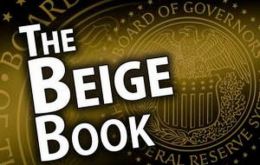
The U.S. economy expanded at a modest-to-moderate pace from early January through mid-February, the Federal Reserve said on Wednesday, although firms were less optimistic amid some uncertainty about the Trump administration's fiscal policies.
